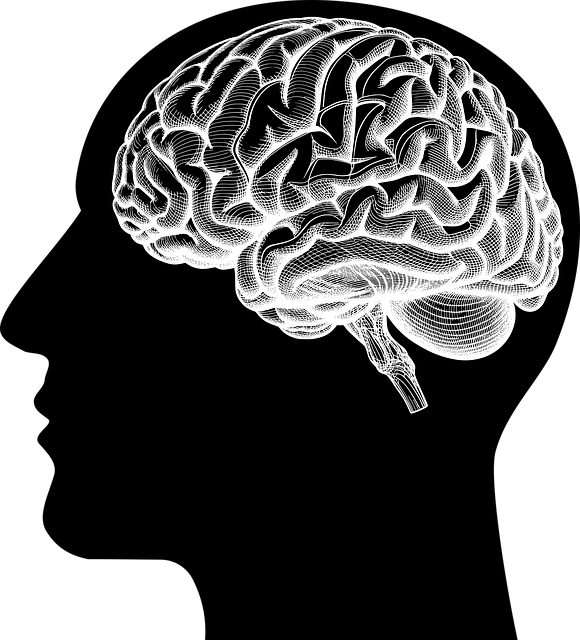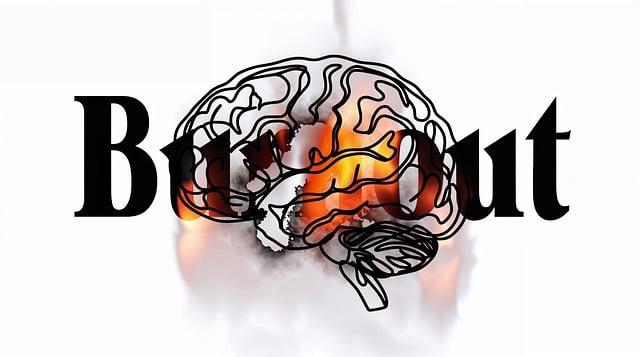In the complex field of Therapy for Elders International Adoptions, a comprehensive risk assessment is paramount to ensure the well-being of all involved. This includes addressing cultural differences, language barriers, and pre-existing mental health conditions. Harm Minimization Planning is a key strategy, focusing on preventing risks and fostering support during cross-cultural transitions. By combining cultural sensitivity, tailored interventions, and self-care practices, mental health professionals can effectively mitigate risks and enhance the stability of adoptive families. Regular review and adaptation of harm minimization plans, coupled with transparent communication and Mental Wellness Journaling Exercises for adopted elders, are crucial for refining strategies and improving the overall program.
Risk assessment and harm minimization planning are paramount in international adoptions, especially when involving elderly parents. This article delves into two critical components: understanding the significance of risk assessment globally and exploring comprehensive strategies for harm minimization specifically tailored for elderly adoptive parents’ safety. We provide a detailed guide on implementing effective practices, focusing on therapy for elders in international adoptions, to ensure well-being and successful transitions.
- Understanding Risk Assessment and Its Relevance in International Adoptions
- Harm Minimization Planning: A Comprehensive Guide for Ensuring Elderly Adoptive Parents' Safety
- Strategies for Effective Implementation and Continuous Improvement in Therapy for Elders International Adoptions
Understanding Risk Assessment and Its Relevance in International Adoptions

In the realm of international adoptions, particularly when involving therapy for elders, a thorough risk assessment is paramount. This process involves meticulously evaluating potential hazards and their impact on the well-being of both the adoptive parents and the adoptee, especially in cross-cultural transitions. A comprehensive risk assessment goes beyond identifying simple challenges; it delves into the complexities arising from cultural differences, language barriers, and pre-existing mental health conditions. For mental health professionals facilitating these adoptions, a robust risk assessment for mental health professionals is essential to ensure ethical practice and effective support.
Cultural sensitivity in mental healthcare practice plays a pivotal role in mitigating risks. Understanding the unique psychological needs of elders transitioning from one cultural landscape to another requires tailored interventions. Moreover, integrating self-care practices within this framework is crucial to prevent burnout among professionals involved, thereby enhancing their ability to provide sustained support throughout the adoption process.
Harm Minimization Planning: A Comprehensive Guide for Ensuring Elderly Adoptive Parents' Safety

Harm Minimization Planning is a critical aspect of ensuring the safety and well-being of elderly adoptive parents, especially when considering international adoptions through Therapy for Elders. This comprehensive guide aims to mitigate potential risks and promote a supportive environment for seniors navigating new familial structures. By implementing tailored strategies, caregivers can foster a sense of security and stability, addressing any underlying trauma or cultural adjustments.
The process involves identifying specific hazards and triggers within the family dynamic and developing proactive solutions. Empathy Building Strategies and Trauma Support Services play a pivotal role in fostering understanding and coping Skills Development. Through specialized therapy and personalized care, elderly adoptive parents can adapt to their new surroundings while receiving the necessary support to manage any emotional challenges. This holistic approach ensures that the transition is as smooth as possible, prioritizing the unique needs of both the elders and their adoptive families.
Strategies for Effective Implementation and Continuous Improvement in Therapy for Elders International Adoptions

Implementing effective strategies for Therapy for Elders International Adoptions involves a multifaceted approach that goes beyond initial placement. Continuous improvement necessitates regular review and adaptation of harm minimization plans, drawing upon a Mental Health Policy Analysis and Advocacy framework. This process should include transparent communication strategies to engage all stakeholders—from adoptive families to healthcare providers—ensuring everyone understands their roles in promoting the mental wellness of elders.
A crucial component is encouraging adopted elders to engage in regular Mental Wellness Journaling Exercises. Such exercises can help them process their experiences, cultivate coping mechanisms, and identify potential triggers for distress. This proactive approach not only enhances individual resilience but also provides invaluable data for refining harm minimization strategies, further enriching the Therapy for Elders International Adoptions program and contributing to a more comprehensive understanding of elder mental health needs within international adoption contexts.
In conclusion, a robust risk assessment and harm minimization strategy are indispensable for navigating the complexities of international adoptions, especially when involving elderly parents. By thoroughly understanding the risks and implementing comprehensive plans, we can ensure the safety and well-being of these vulnerable individuals. This includes adopting best practices in Therapy for Elders International Adoptions, fostering continuous improvement, and recognizing the unique challenges that cross-cultural transitions present. Through collaborative efforts and a commitment to safeguarding the elderly adoptive parents, we can create a more supportive and secure environment for all involved.














